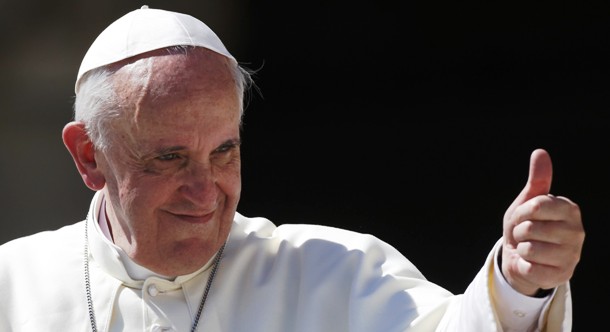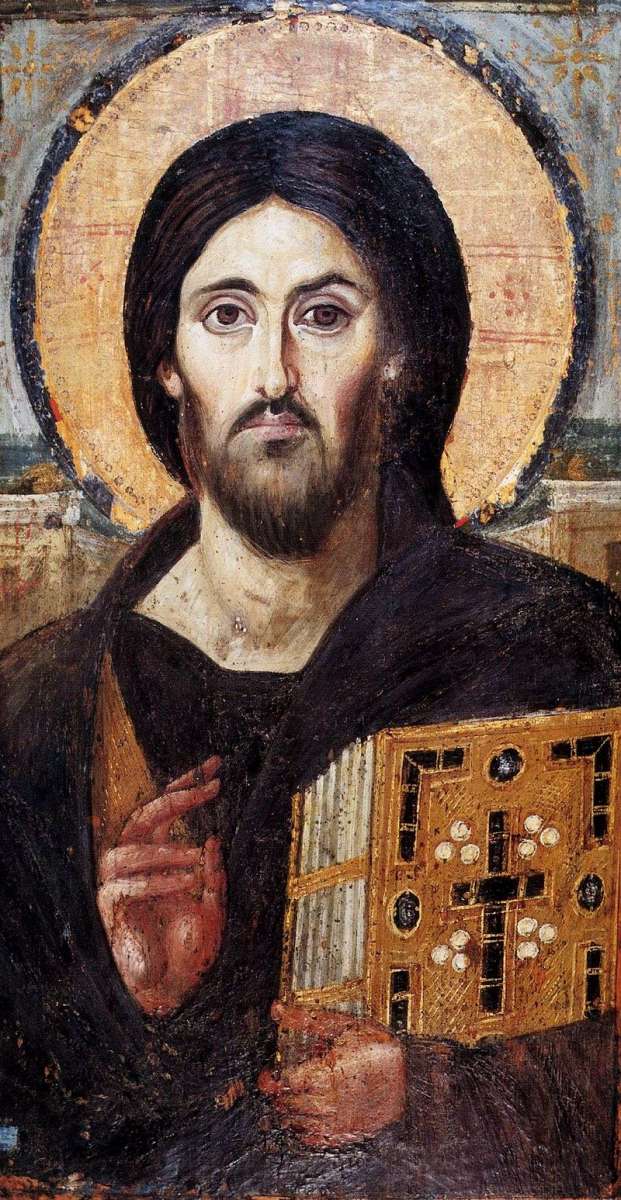
1. A description of being a disciple by Dietrich Bonhoeffer. 1) Following Jesus provides and demands a changed life that undertakes the despised suffering in Christ for Christ. There is no cheap mercy. "Only the believer is obedient – only the obedient believes." 2) A half-Jesus cannot be accepted. Following Jesus is not following or interpreting rules but it is a total reliance with absolute confidence on that Christ, our Lord depicts Himself in us. We can find the Father in praying through Jesus. The Holy Trinity itself has harbored in Christians. At this point we do not interpret and live our lives from our viewpoints any more but in Christ for Christ. Discipleship (nevertheless) is the totality of freedom and joy. 3) Although it is the decision of each individual to follow Jesus but it cannot be kept away from the community of the disciples and the church. 4) Following Jesus separates us from the world ("There is not an own road leading from man to man. ... Christ stands between us as an obstacle. The only road to neighbors leads through Him"), but at the same time it links us to all people in the universality of love. 5) Following Jesus is not that broad way in which the crowd go. That is why, with the spreading strength of our whole lives spent in Jesus, we have to witness about our Lord at all times until He comes again. The intensity of the lines of "The Cost of Discipleship" makes it obvious that the writer does not present an intellectual or literary feat but his own, innermost self transformed in Christ – together with all its consequences. (If you would like to know more about this, please read my essay here.)

2. A description of being disciples by Rowan Williams. What were the most important statements of the book "Being disciples" to me? 1.) Discipleship is such a state of being in which you are silent and listening all the time; you just let Jesus’ act (and indirectly the Father’s act) happen by you. For we can hear God, silence is needed. It is in God’s hands who I am. We are the objects of eternal enjoyment. 2) The essence of discipleship is a fusion with the Holy Trinity’s life. Believing is faith that the truth is able to possess me and it keeps me even if I myself cannot hold on any longer. Discipleship is growth and joy. 3) The disciple is together with those (the poor and the excluded of the world), whom Jesus would like to accompany. We have to be such places where people are given time and space to meet the eternal love. Saints create joy around themselves and show the world in a new light. Others recognize in their presence that God is working in the world. You can see God in them instead of themselves.(If you would like to know more about this, please read my essay here.)

3. A description of being disciples by Pope Francis. What were the most significant statements of Pope Francis' apostolic exhortation "Rejoice and Be Glad" to me? 1) Holiness means that we are dying and resurrecting together with Christ continuously; its measure is determined by how large Christ’s counterpart is in us. Let the Holy Spirit transform you allowing this to happen. It is not life that has a mission, but life is the mission itself. In holiness you arrive to the point where you become the one whom the Father meant you to be when He created you. Dependence on Him is liberation from slavery. Being Christian is a joy in the Holy Spirit. 2) A trustful prayer is the answer of the heart opening to God calling Him „thou”, in which all words end allowing the Lord’s sweet voice to become audible in the silence. In this silence, in the Spirit’s light you can recognize the paths of holiness that are shown by the Lord. Otherwise our decisions are just "decorations" that, instead of implementing the Gospel in our lives, hide and strangle it. 3) Holiness does not mean that our eyes sparkle in an anticipated ecstasy. If we really start with observing Christ, we have to recognize Him on those people’s (the poor’s and the sufferers’) faces whom He wanted to identify with. Mercy is the vault that supports the church’s life. Humility can take roots in the heart only through experiencing indignity. 4) Nobody is redeemed alone, isolated, one by one. Keeping an eye on the net of human relationships, God attracts us to Himself. The community of believers is for creating the divine space in which the resurrected Lord’s mysterious presence can be experienced. (If you would like to know more about this, please read my essay here.)

4. A comparison of the three descriptions of discipleship. The three descriptions of discipleship contain a numerous significant similarities. There is a twofold reason for the high level of matches. On the one hand the three books contain the description of discipleship’s realization and do not deal with the dogmatically founded reasons of discipleship. On the other hand all three authors are theologists of the cross and not the glory regarding their personalities and attitudes. Jesus depicted in us (though He is depicted differently in everyone) is the same Jesus according to the essence of these three witnesses’ wordings. Though we are all blind and touch the very different parts of the elephant, still the very same elephant has to appear from the fragmented pictures as our life experiences are put together. Beside my own inner certainty of this, it has been a pleasure to experience a "common certainty" during reading and comparing these three excellent books. (If you would like to know more about this, please read my essay here.)